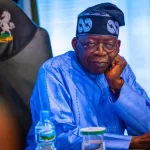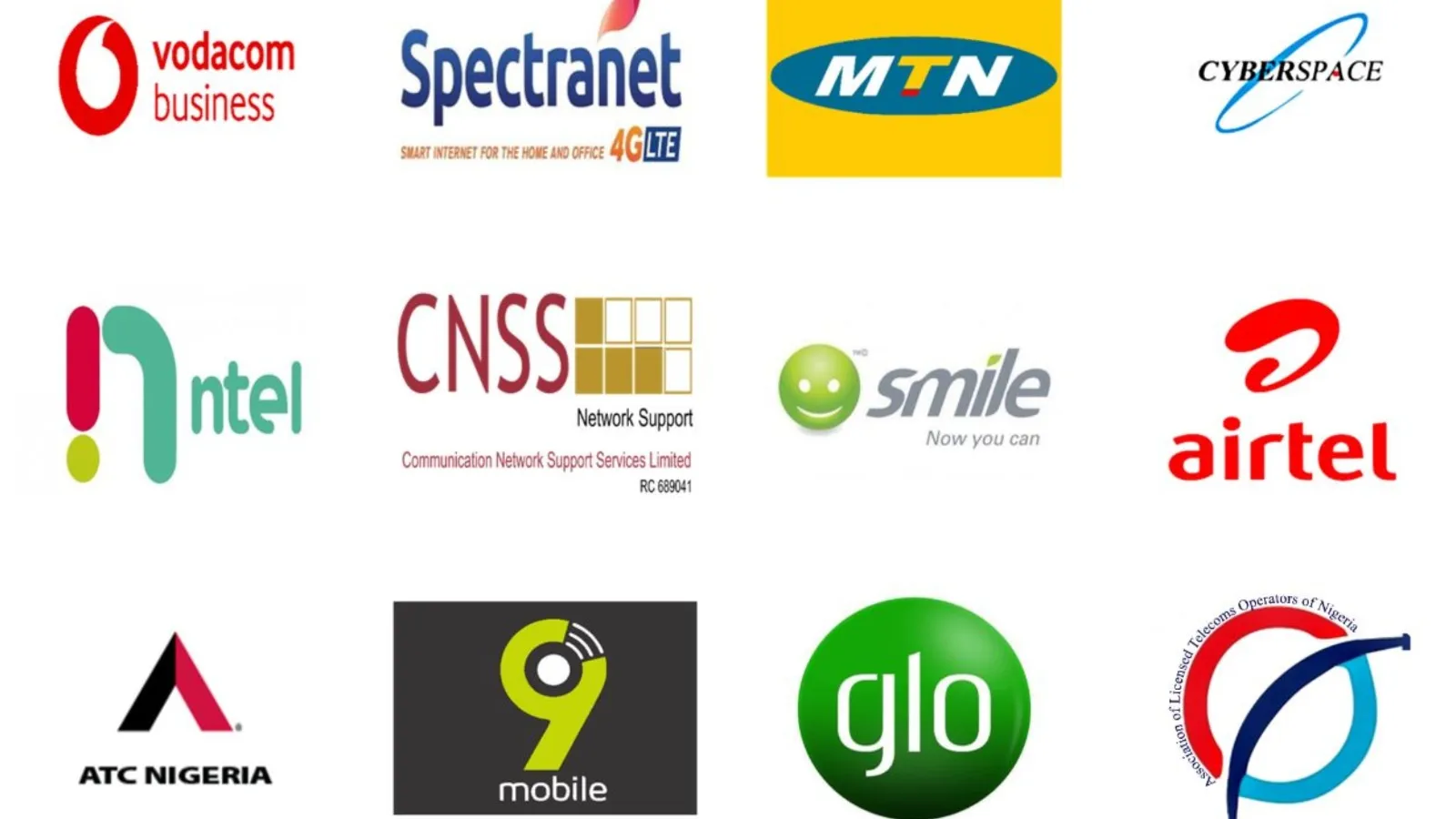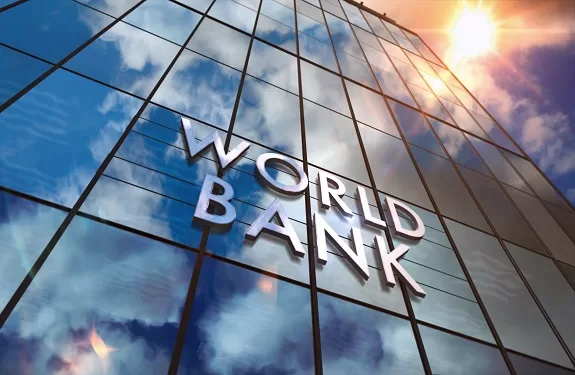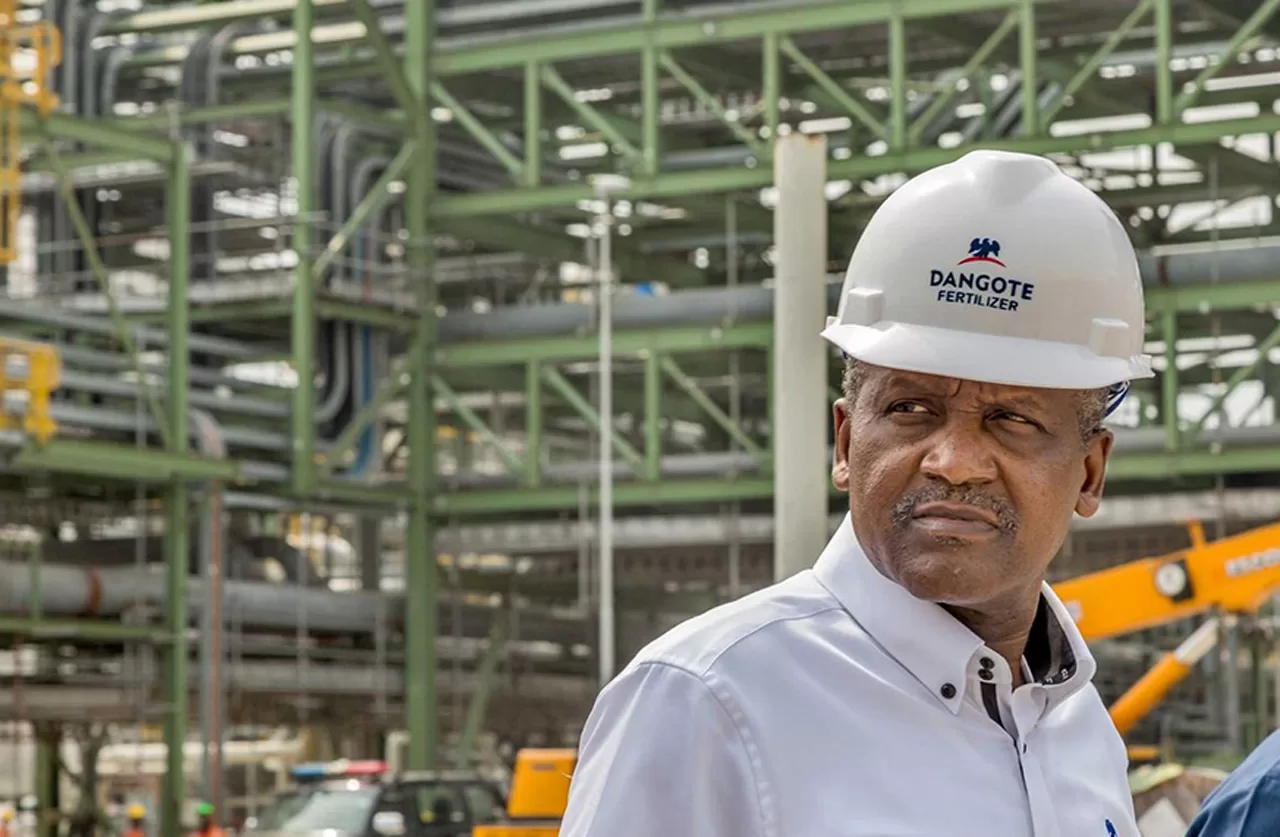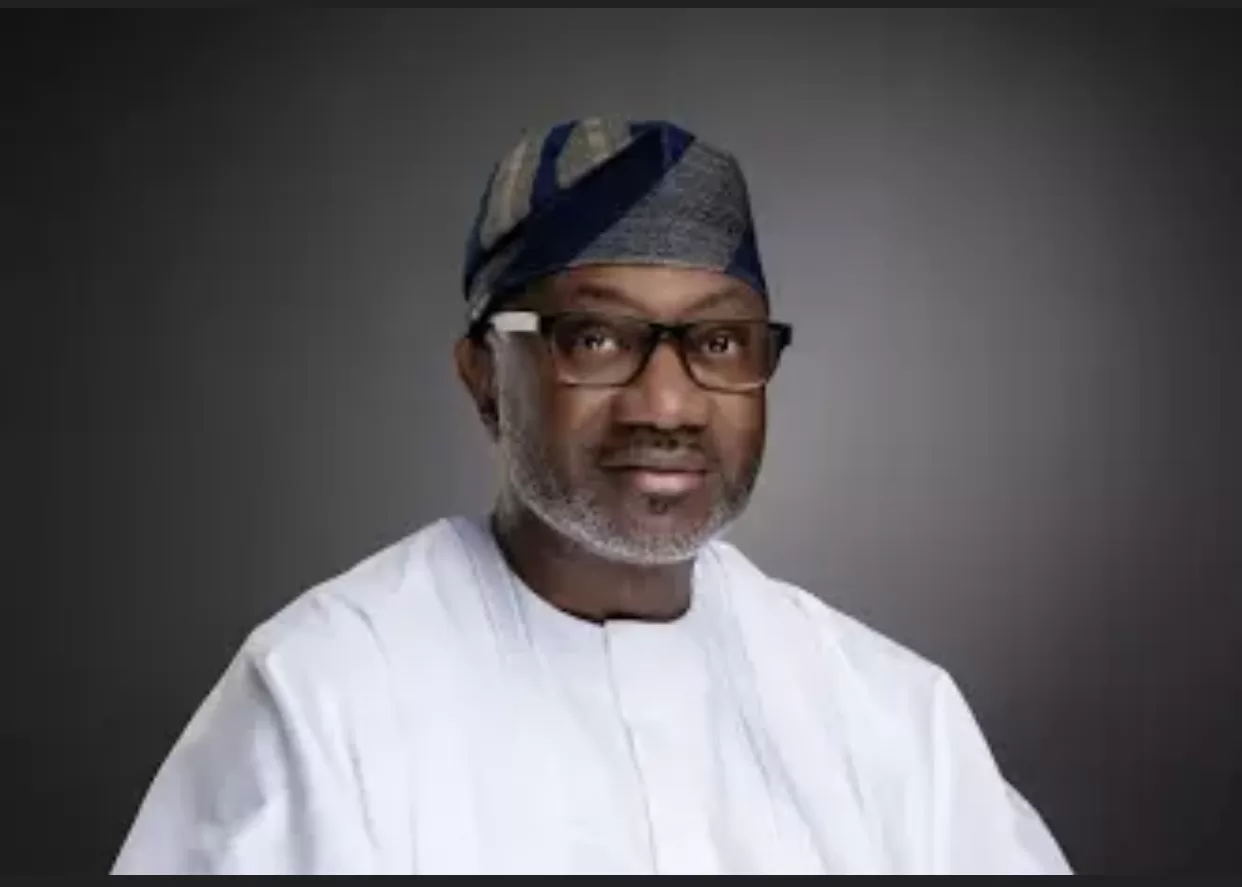federal government has agreed to demands for tariff hikes in the telecommunication industry. This is expected in the coming weeks, as the government aims to address sustainability challenges in the telecom sector. This implies that prices of calls, data and SMS will go up for the average Nigerian.
However, the hike will fall short of the 100 percent increase requested by service providers, with the government seeking to balance sector growth and protecting Nigerians from excessive financial burdens.
Bosun Tijani, the minister of communications, innovation, and digital economy, disclosed this during an industry stakeholder forum in Abuja on Wednesday.
“The essence of this gathering is recognizing the critical role the telecom sector plays in driving Nigeria’s economic development,” Tijani said.
“Tariff will go up. That’s the verdict. But it won’t be by 100%. We need to ensure that as a sector, we put the right regulations in place that can ensure the growth of this sector, continue to contribute to job creation, but also enable other key sectors in the country as well.”
He disclosed that the government had commissioned a study to evaluate the financial needs of the telecom sector while minimizing the potential impact on consumers.
Aminu Maida, Executive Vice Chairman, Nigerian Telecommunications commission (NCC), noted that tariff adjustments will be accompanied by measures to simplify billing systems and increase transparency.
“We’ve revised our quality of service regulations, bringing the entire value chain into scope for compliance, from MNOs to tower codes and transmission companies.
“So when we do see these tariff modifications, it’s also going to come with simplification. So every MNO or every service provider must comply with a simplified template. To show Nigerians what you are charging per minute, per voice, per SMS, and per megabyte of data.
We’re moving away from a regime where you have a main rate, then a bonus at a different rate, which complicates understanding.”
Maida emphasized the need for meaningful connectivity and highlighted the government’s commitment to investing in infrastructure to ensure quality service across Nigeria.
He noted that while private sector investment had traditionally driven the sector, the government was stepping in to accelerate development.


